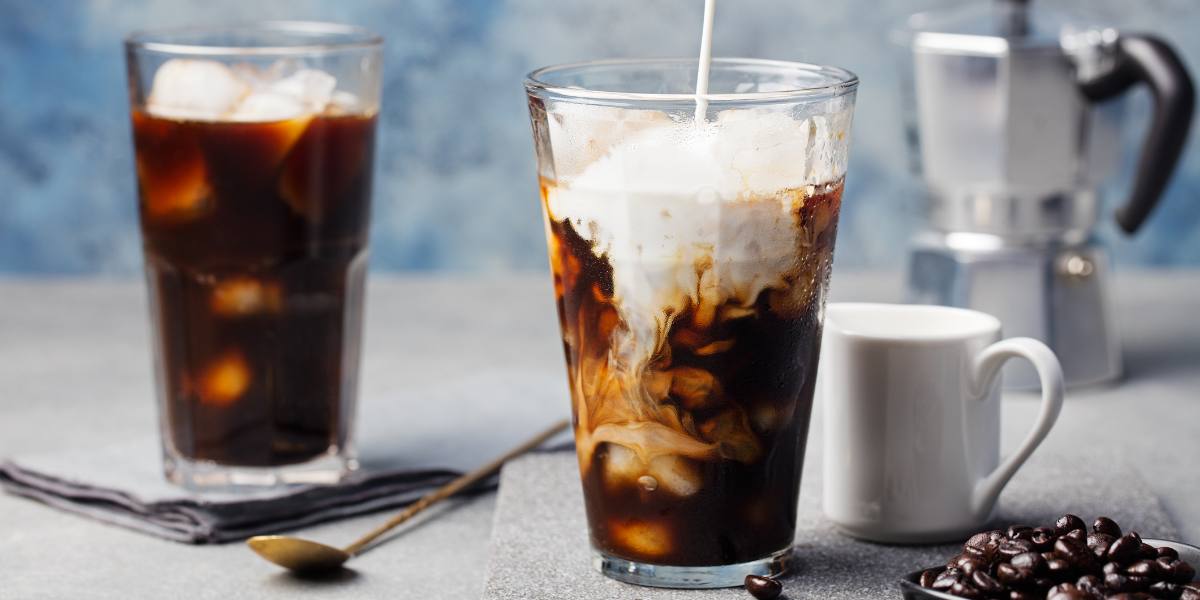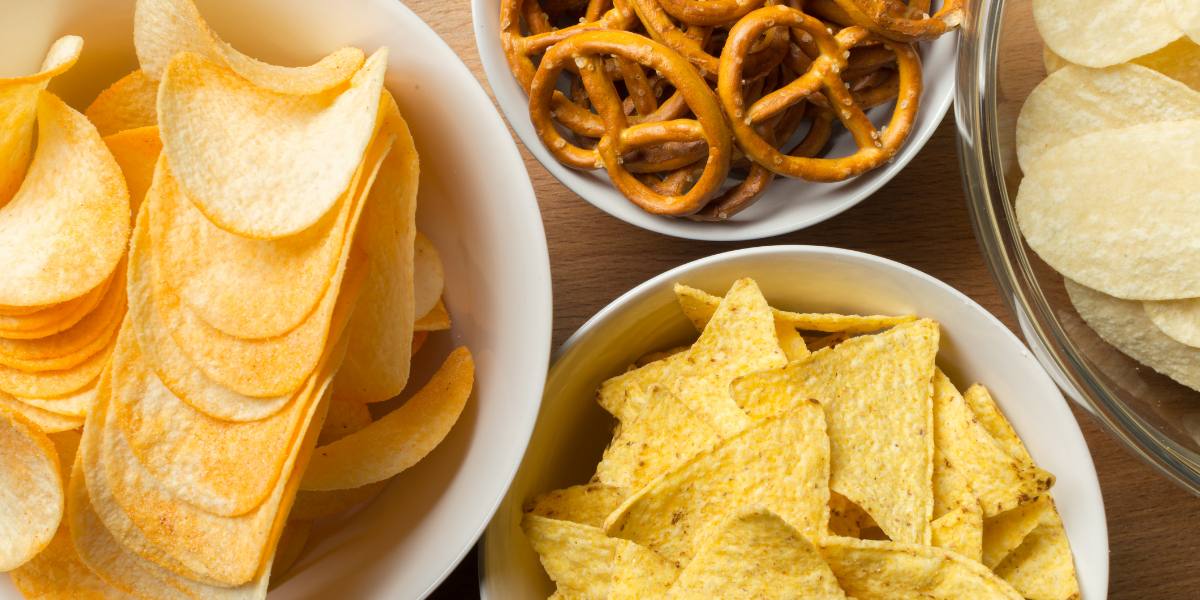New research has shown that combining foods which contain proteins and antioxidants could double the body’s anti-inflammatory response, which may bring about health benefits.
A team from the University of Copenhagen has found that the anti-inflammatory properties in immune cells double with the combination of proteins and antioxidants.
Inflammation is the immune system’s reaction to bacteria and viruses and is also a trait of diseases like rheumatoid arthritis.
- Risk of heart death may double in coffee drinkers with severe hypertension, study suggests
- Regular coffee drinking may prevent development of type 2 diabetes in women who had gestational diabetes
The study looked at the role of polyphenols, a type of antioxidants that are found in fruits and vegetables.
Polyphenols, which are healthy for humans, help to lessen the oxidative stress in the body that can lead to inflammation. Polyphenols are used in food to maintain food quality.
However, there has been little research into the reaction between polyphenols and other molecules.
In this latest study, researchers looked at the behaviour of polyphenols when they are combined with the foundation blocks of protein, amino acids.
They applied artificial inflammation to immune cells and found that the cells that were treated with the polyphenols and amino acids combination were twice as effective at reducing inflammation compared to cells which had been treated with polyphenols only.
Professor Marianne Nissen Lund, who led the study, said: “In the study, we show that as a polyphenol reacts with an amino acid, its inhibitory effect on inflammation in immune cells is enhanced. As such, it is clearly imaginable that this cocktail could also have a beneficial effect on inflammation in humans.”
- Drinking tea and coffee reduces mortality risk, large-scale study finds
- Drinking coffee increases lifespan and prevents heart disease
Coffee beans contain high levels of polyphenols, while milk contains a large volume of proteins, leading researchers to comment: “Our result demonstrates that the reaction between polyphenols and proteins also happens in some of the coffee drinks with milk that we studied. In fact, the reaction happens so quickly that it has been difficult to avoid in any of the foods that we’ve studied so far.”
Professor Lund said: “Because humans do not absorb that much polyphenol, many researchers are studying how to encapsulate polyphenols in protein structures which improve their absorption in the body. This strategy has the added advantage of enhancing the anti-inflammatory effects of polyphenols.”
The study has been published in the journal Food Chemistry.





